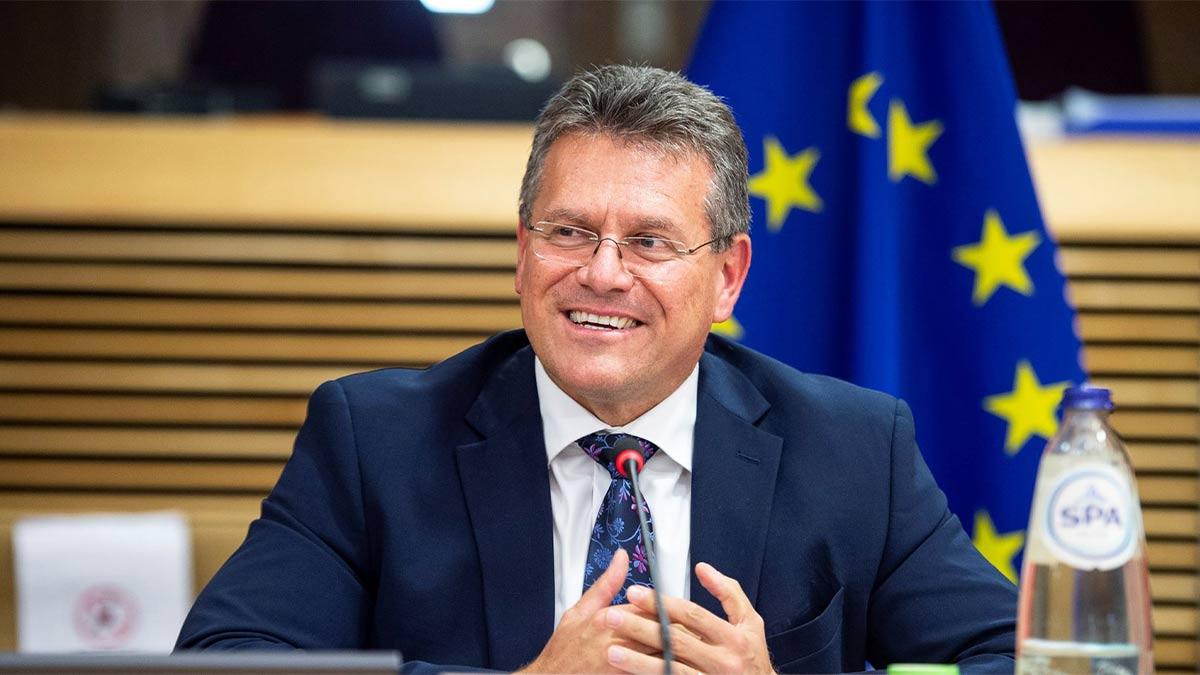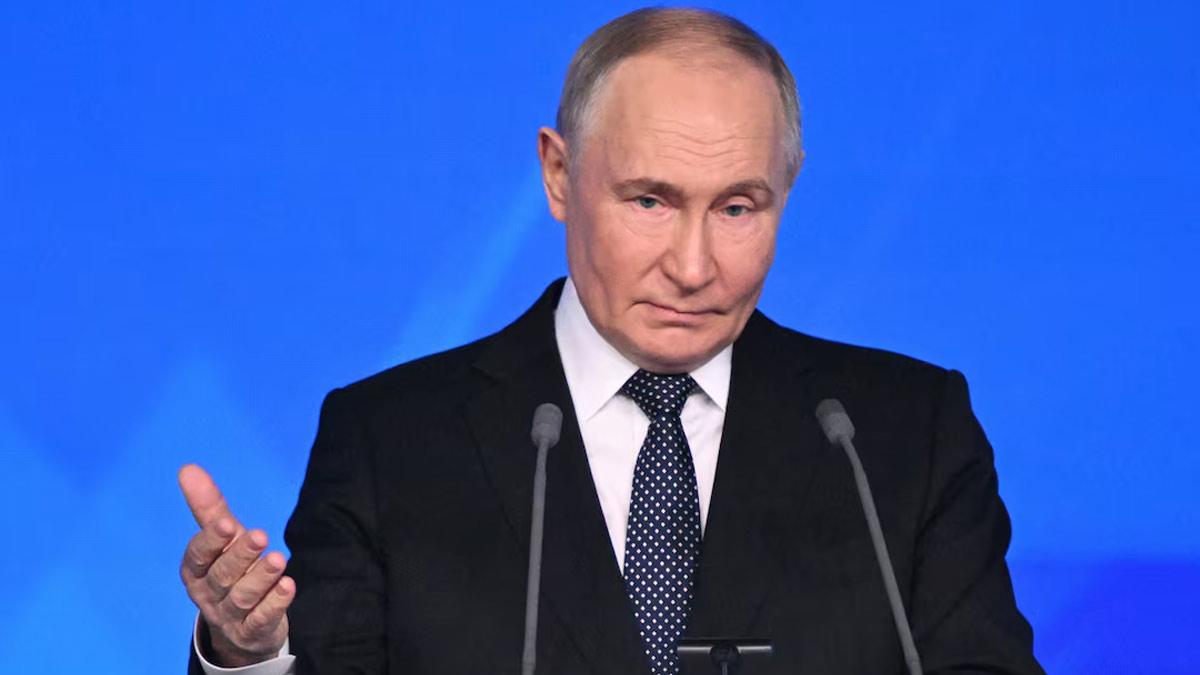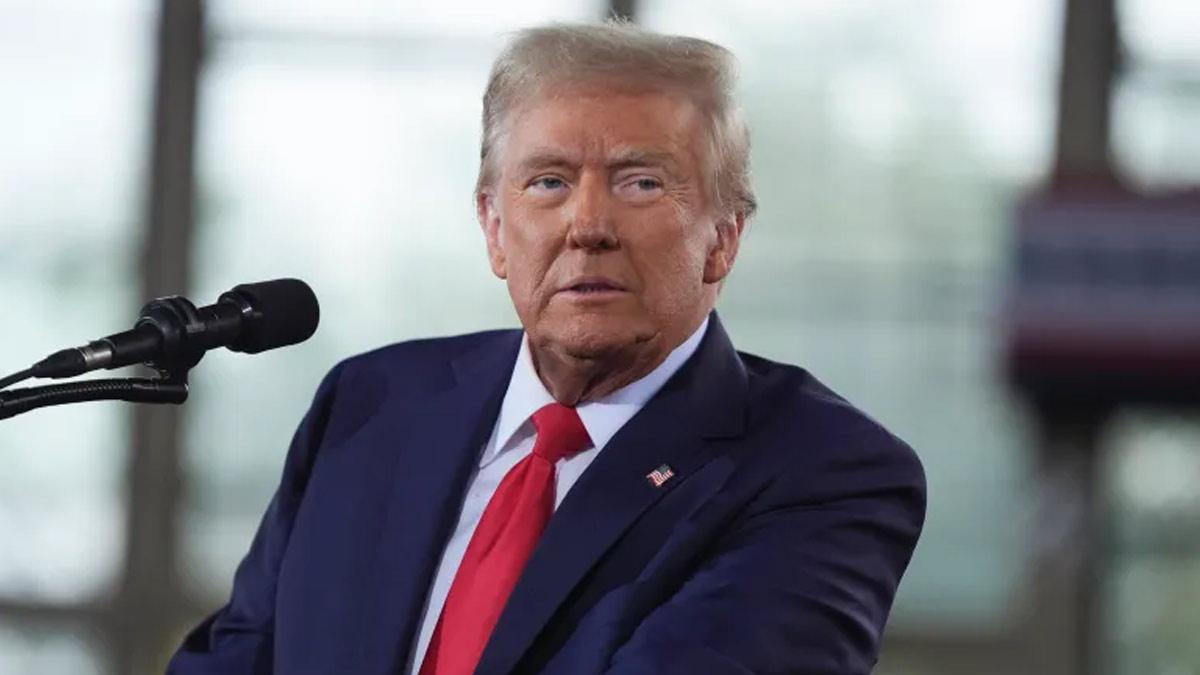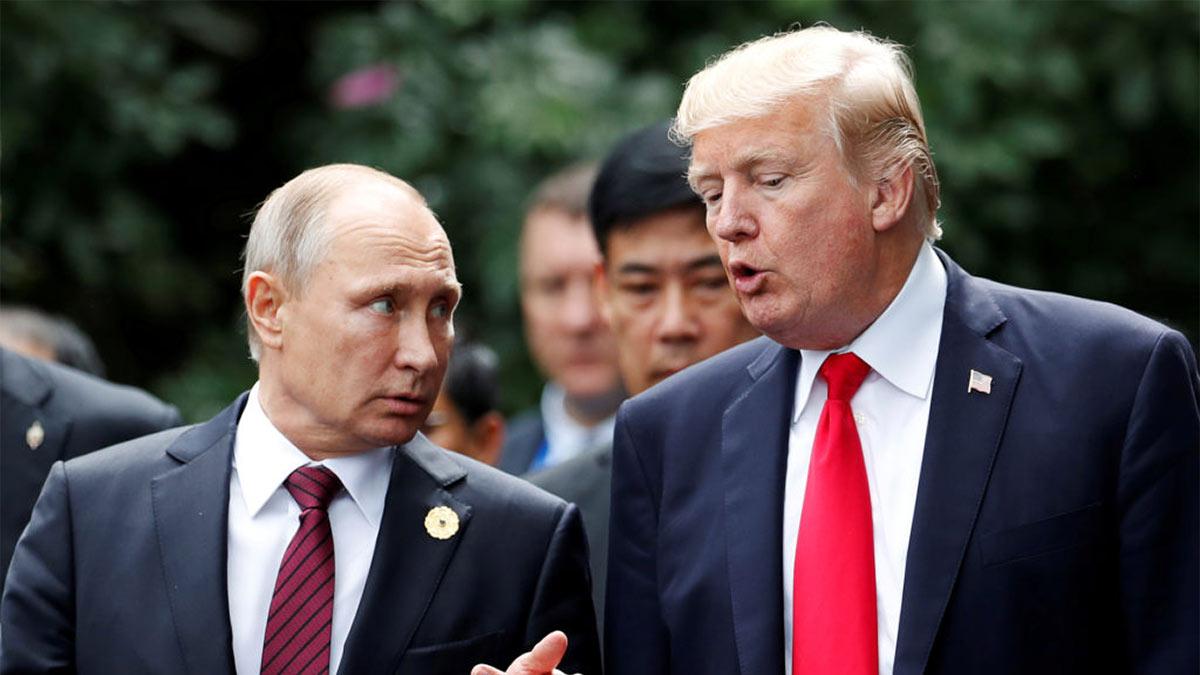EU Commission President Ursula von der Leyen unveiled that the EU has offered the United States a "zero-for-zero tariffs" deal on industrial items, amid a time of market unrest caused by US President Donald Trump's drastic tariff strategies, which have rocked international trade patterns.
We are prepared to negotiate with the United States. In fact, we have proposed zero-for-zero tariffs on industrial products, as we have already done with numerous other trading partners, because Europe is always prepared to do a good deal," von der Leyen said. She explained that the proposal was made before Trump announced retaliatory tariffs.
Her comments came on the first EU-wide gathering of trade ministers, which was held to deal with US administration's broad tariffs that have upset global trade. Trump has threatened to impose a 20 percent tariff on European products, and the EU has threatened to impose retaliatory steps if talks fail.
EU trade commissioner Maros Sefcovic said the ministers were focusing on two fronts: making the bloc's response to Washington's actions and making the EU's internal trade mechanism suitable in order to protect against market displacement. "Our next step in relation vis-a-vis the United States but also how to make our trading system back in the European Union ready to prevent eventual trade diversion," he elaborated.
There have also been disagreements within the EU on strategy. France and Germany are while trying to target American service and tech industries, and Ireland has countered this strategy because it depends on US investments in the tech and pharma sectors.
Before the Luxembourg negotiations, France's trade minister urged the EU to move toward a strong response. With the support of Germany and Austria, France is seeking action that would target US service sectors, particularly those in the technology area.
This position is reflected in comments made by French President Emmanuel Macron, who has urged European companies to put investments in the US on ice. "What would be the message of having big European players that invest billions in the American economy while at the same moment hitting us," Macron asked, denouncing Trump's tariffs as "brutal and unfounded".
To bolster their stance, Germany and France have proposed the deployment of a novel trade enforcement tool known as the anti-coercion instrument (ACI), a potent but untested tool of response commonly labeled as a "bazooka."
If Trump defends his tariffs by appealing to the EU's surplus in goods trade — arguing Europe ships more to the US than it receives — Brussels might retaliate by responding to the American services surplus. Such a retaliatory action would make the EU join nations such as China and Canada in levying retaliatory tariffs against the US. Economists argue that such an escalation will stoke a full-fledged global trade war, increase the cost of goods for consumers, and potentially push several economies into recession.
Read also| China’s Intensifying Drills Raise Alarm in Taiwan Over Potential Sudden Attack
Read also| Israel Alleges Hamas Sought $500 Million from Iran to Fund October 7 Attack


















